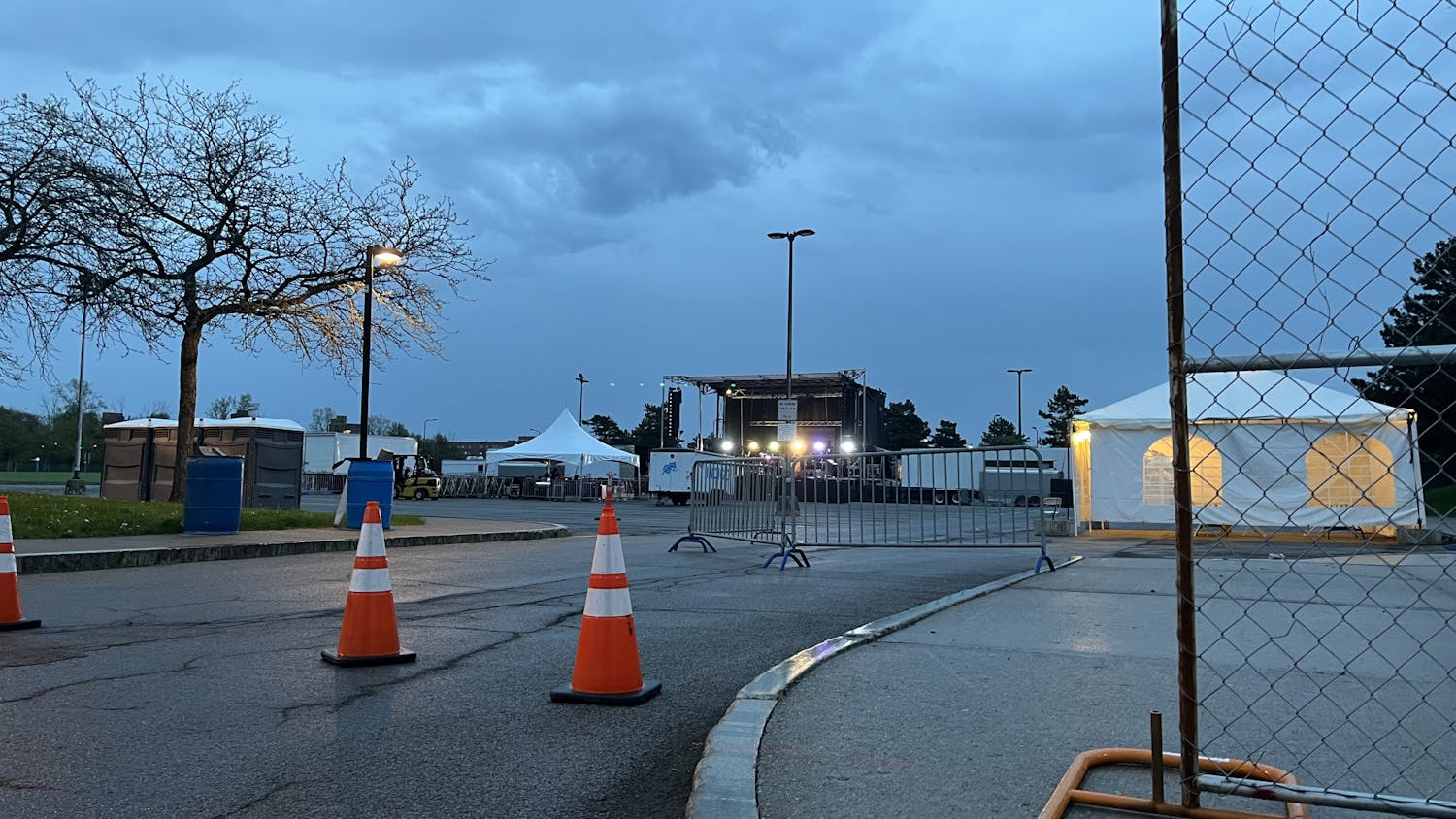They still don't have it right.
As the images of stranded motorists fleeing Houston in the anticipated wrath of hurricane Rita flashed on the nation's TV screens, the continued failure of those officials responsible for disaster relief planning and management became clear. Stung by criticism of FEMA's inept response when Hurricane Katrina hit, the Bush administration took a proactive position in meeting the demands of Rita head on. However, the confusion that resulted from the mass exodus of those within Rita's projected path revealed how far we have to go. What would happen if the United States were hit with a bio- or nuclear-terrorism attack? If this is the best officials have to offer, Rita's evacuation spells trouble for us all.
After Sept. 11, 2001, billions of dollars have been spent by the Department of Homeland Security to prepare the United States for another terrorist attack. Homeland Security itself was created to, as President Bush said, "unite essential agencies that must work more closely together," to properly prepare for another terror attack and to respond to emergencies in a post 9-11 world. In the latter, they have failed miserably, as those fleeing Houston can attest. Tens of thousands took to the already packed highways in southeast Texas without a mandatory evacuation order. Texas officials acknowledged that they had "perhaps overly alarmed residences," which contributed to the clogged highways. But there were also problems with communication between federal, state and local officials that compounded inefficiencies within the planning effort for Rita itself. Katrina showed what happens when residences are left to fend for themselves when left behind in disaster planning. Rita displayed the flip side: that without precision planning, those who find themselves in harm's way will simply pack up and panic. There must be a proper balance, and this is where FEMA should step in, but still hasn't.
Despite the money spent by Homeland Security, few cities have properly prepared for worst-case scenarios involving natural disasters or terrorist attacks. Plans have been drawn up for small-scale, localized emergencies in many communities, but disasters with the magnitude of Katrina-or worse-have not been properly planned for. It has been reported that in major cities like Boston and Los Angeles, plans to evacuate and manage large portions of a city's populace are "embryonic at best and nonexistent at worst." This is unacceptable in light of this year's hurricane season. As the war on terror slogs on, planning of this magnitude takes on an even greater importance. As we have been told-and July's London bombings drove it home-it is only a matter of time before our homeland is attacked again. This requires FEMA to be on top if its game as the lead coordinator for relief efforts-something the nation is still waiting on.
Natural disasters and acts of terrorism can happen at any time. The lack of planning for large-scale disasters by those in charge leaves much to be desired in wake of Rita's close call. FEMA needs to take a hands-on approach in coordinating disaster relief efforts nationwide. Rita highlighted problems with the response effort and FEMA needs to remedy those problems fast. More people died in the chaotic evacuation than in Rita's storm itself. The military, which performed admirably in responding to Rita, recently told Bush the same thing. Now, if they can only get it right soon.




